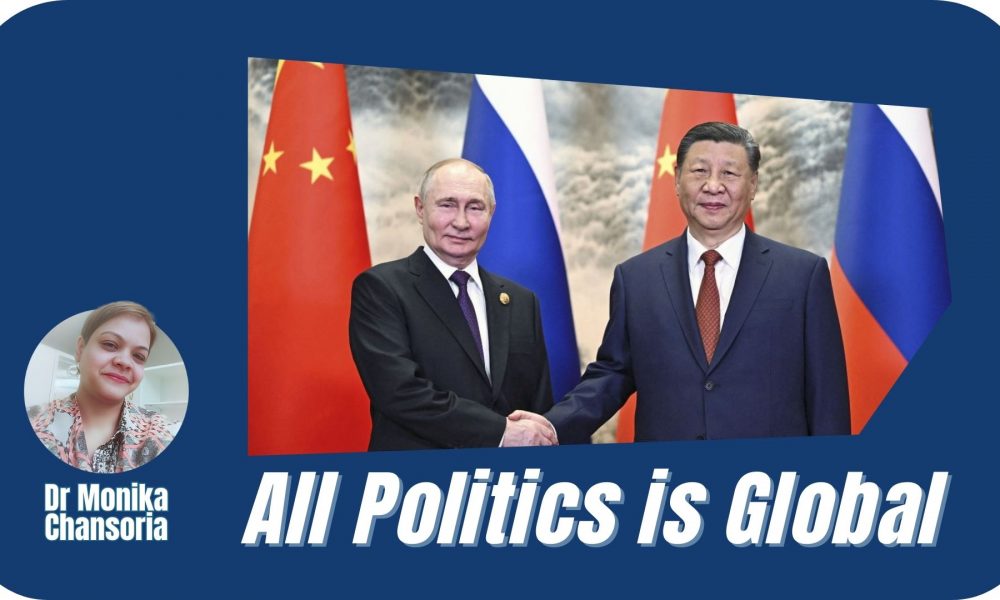When Xi Jinping hosted Vladimir Putin in Beijing in May 2024, their meeting held significant strategic implications. This marked over 40 meetings between the two leaders since 2012, showcasing a deepening of the 21st-century Sino-Russian alliance.
The history of Sino-Soviet relations, marked by the bitter split in the 1960s, was not lost on Xi and Putin as they commemorated 75 years since the USSR recognized the People’s Republic of China. The rift between the Communist parties of the two countries shattered the unity of international communism.
In the current geopolitical context, the Sino-Russian partnership is rapidly evolving into a formidable force known as the East Wind power equation. Mao Zedong’s prophecy in 1957 about the dominance of the “east wind” over the “west wind” seems to be materializing.
During Putin’s visit, Xi extended a grand reception, symbolizing the high level of bilateral relations. The summit culminated in a joint statement declaring a “new era” in Sino-Russian ties, positioning the alliance as a counterforce to the US and its allies on various global issues.
The convergence of China and Russia’s military and economic strength, highlighted by their close partnership amidst international scrutiny, underscores the emergence of a new power dynamic in global affairs.
Amidst the changing global order and the relative decline of US influence, Moscow and Beijing aim to challenge the existing geopolitical landscape by presenting themselves as key players in shaping the future world order.
The use of non-military tactics in their strategy, such as lawfare and political warfare, signifies a shift towards unconventional means to achieve strategic objectives. Russia’s Gerasimov Doctrine and China’s adoption of similar tactics reflect a departure from traditional military strategies.
The implications of this evolving partnership extend globally, with the China-Russia axis posing a considerable challenge to the US-led Western alliance. As they navigate a complex web of international pressures, Moscow and Beijing are positioning themselves as contenders in shaping the global power balance.
In this dynamic geopolitical environment, the East Wind power equation between China and Russia is gaining momentum, heralding a new era of competition and cooperation with profound implications for the international order.
